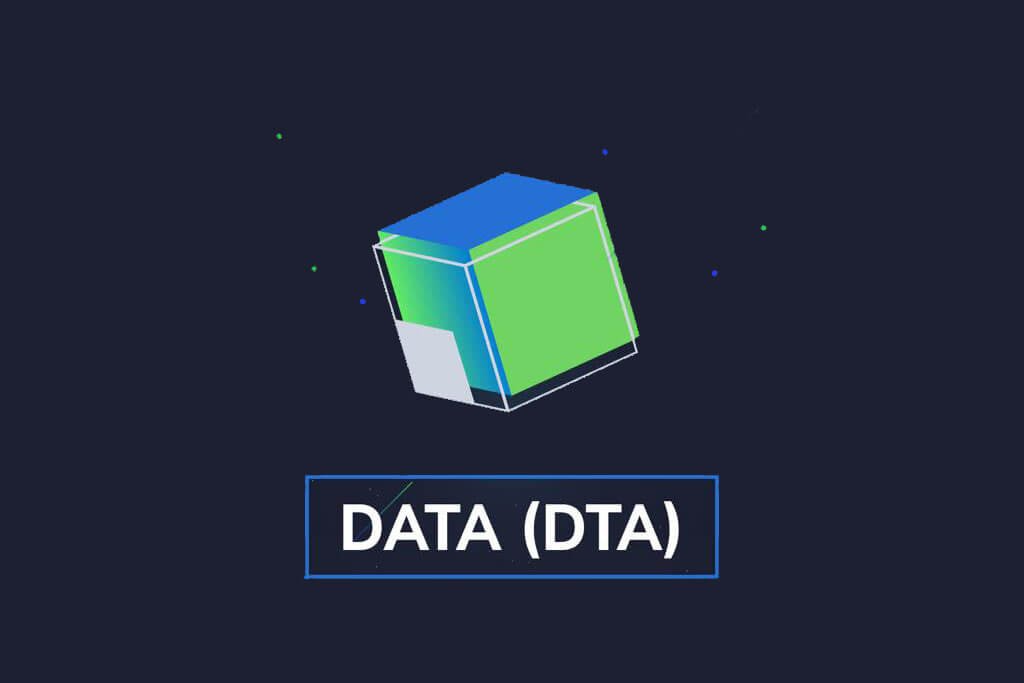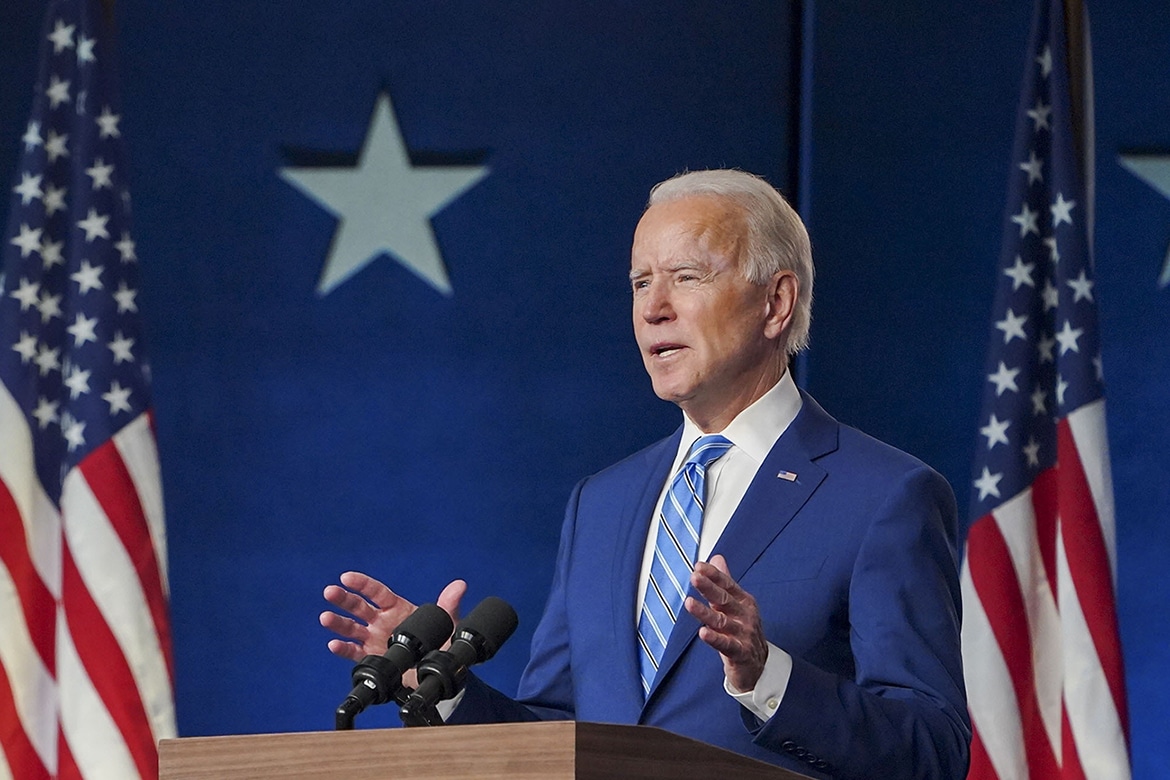
Darya is a crypto enthusiast who strongly believes in the future of blockchain. Being a hospitality professional, she is interested in finding the ways blockchain can change different industries and bring our life to a different level.
Aiming to solve the problem of fraud, DATA, a blockchain based digital data authentication protocol, has built a Data Trust Alliance with crucial partners in the crypto industry.

DATA is a blockchain based digital data authentication protocol powered by AI & P2P mobile storage infrastructure. The project is devised to address the root of the fraud at its core. It evaluates the credibility of endpoints through blockchain, big data and AI technologies to provide technical solutions for endpoint-level data quality assessment and data fraud. The DATA platform applies a reward system to incentivize end users with their attention contribution and to publishers with pruning their sell-side inventory.
DATA’s aim is to build a Data Trust Alliance with crucial partners in the digital ecosystem to develop and operate a standard protocol for quality assessment of endpoint data similar to the ISO certification system, which will reduce the inefficiency and high cost in the upstream and downstream of the industry chain due to the lack of trust in digital advertising, financial technology and other industries.
Back in May, DATA announced partnership with BlueFocus, the largest communication group in Asia, while in June, Datawallet, a C2B blockchain-based data exchange, released its partnership with DATA, aiming to build a user-driving advertising network.
We are proud to officially announce our #partnership with @Blockchain_Data#Datawallet and #DATA both work on putting the #user at the #center of the #value #chain. Read the full #announcement below:https://t.co/vgWZU0SklR #blockchain #cryptocurrency $DXT $DAT
— Datawallet (@Datawallet) June 5, 2018
DATA has also reached strategic collaborations with Kochava, Gifto, and other world well-known companies.
One of the most fundamental components of the DATA project is the Mobile Metadata Management System (M^3) which provides an off-chain metadata storage solution based on mobile devices for the blockchain ecosystem to solve the scalability issue. This code is released mainly on the M^3 routing layer, which is based on the distributed Hash Table (DHT) used in peer-to-peer network research to increase the scalability of the network.
The project uses Kademlia DHT protocol. Kademlia is a distributed hash table for decentralized peer-to-peer computer networks designed by Petar Maymounkov and David Mazières in 2002. It specifies the structure of the network and the exchange of information through node lookups, which communicate among themselves using UDP. The well-known industry projects IPFS (InterPlanetary File System) and Bittorrent use Kademlia at the routing level as well.
The M^3 project solves a large number of problems. Firstly, it solved the problems the original project had in cross-network communication. Secondly, it modified the codes of Android platform compatibility. Thirdly, it solved the persistent storage issues on different platforms. Moreover, its own REST app was launched to perform unified remote node communication and invocation for different nodes in large-scale distributed networks.
The current M^3 version 0.1.0 has been successfully tested on networks consisting of VMs, PCs and mobile devices in 8 countries around the world, which could not have been completed by the original code.
Currently, DATA open code mainly includes the DHT routing layer, a small part of the M^3 system infrastructure. After more rigorous testing, DATA will publicize the code of other system frameworks, such as Erasure Coding layer, File Storage layer, mobile network IP tracking layer, and so on.
To stay in touch with DATA news, you can follow its accounts on Telegram, Medium, Reddit, and GitHub. The project promises to further strengthen communication with its community members, actively collect feedback and increase project development progress to an earlier realization of the DATA project’s vision.

Darya is a crypto enthusiast who strongly believes in the future of blockchain. Being a hospitality professional, she is interested in finding the ways blockchain can change different industries and bring our life to a different level.




